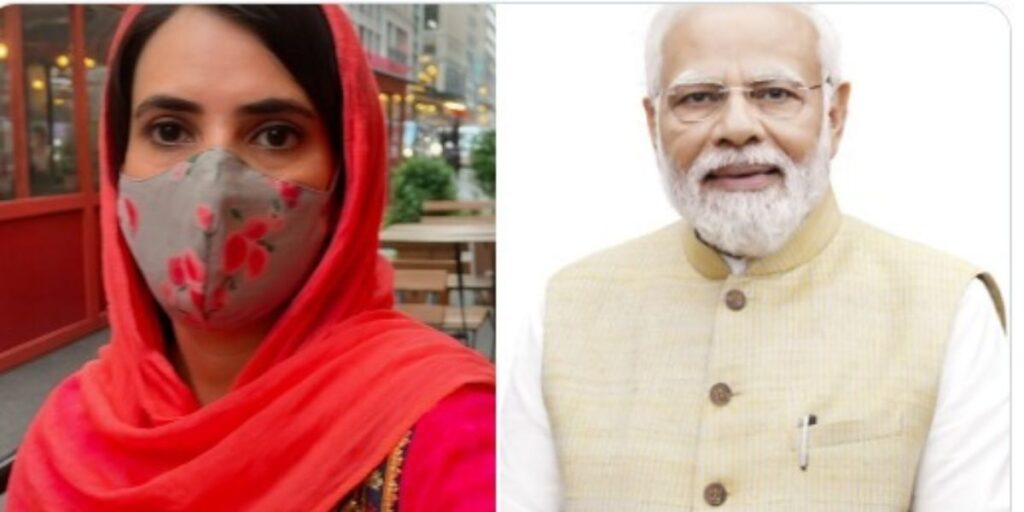QUETTA: Naeema Zehri, a leader of the Baloch Yakjehti Committee and a close associate of Mahrang Baloch, spent her childhood in a modest mud house in Khuzdar, raised by a farmer father alongside seven siblings.
In 2009, militants from the Indian-backed BLA shut down the local girls’ school. Two of her maternal uncles joined the insurgents and were later killed in security operations.
Naeema later enrolled at Sardar Bahadur Khan Women’s University, where the glamour of BYC rallies caught her attention.
She became a familiar face at these events, often seen in selfie mode on her phone, though her involvement in real organizational efforts was minimal.
Amidst this media noise, she secured recommendations for a USAID scholarship, packaging the Baloch struggle in polished English. Soon, a visa was granted.
At first, she posted photos from her university hostel, but within six months, her social media featured leather sofas, European art, and a brand-new SUV.
When questioned, her vague answer was: “NGOs are helping.” No clarity was offered about which NGOs, which funds, or any receipts.
Naeema repeatedly claimed her life was in danger in Pakistan, yet her two brothers hold comfortable positions in government departments.
Behind political slogans and social media campaigns run in the name of the Baloch people lies a network driven by personal interests, where each participant seeks to protect and promote their own gains. Investigations have revealed significant truths.
The tragedy of Balochistan is not a lack of resources, but rather the commercialization of Baloch rights by a select few.
While the public silently suffers the pain of missing loved ones, that same pain is turned into PowerPoint presentations at international conferences—used to collect foreign dollars.
Naeema Zehri’s story illustrates how, when the true goal is personal wealth, it doesn’t matter whether the narrative is about justice or nationalism—the outcome is the same: enrichment for the few and deprivation for the many.
Balochistan will not change through slogans, but through public accountability. As long as funding, scholarship deals, and government jobs are negotiated behind closed doors, faces like Naeema’s will continue to emerge—while the poor from Quetta to Gwadar will see no change in their fate.
ALSO READ: Bebo Baloch: From FBR officer to RAW facilitator
The time has come for the common Baloch to choose what to believe in: the fame hidden behind selfies, or the real future of their children





